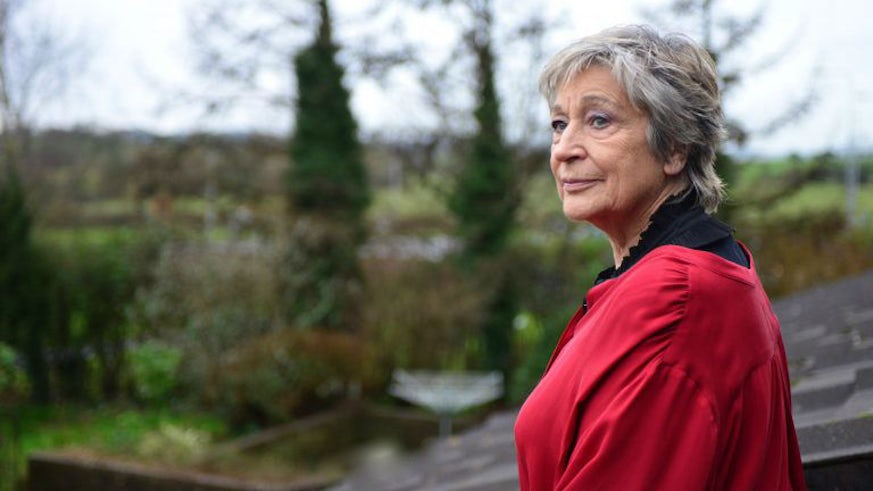Broadcaster Beti George joins dementia forum
22 January 2018

BBC broadcaster Beti George is joining Cardiff University and Cardiff & Vale University Health Board to look at ways of tackling dementia – an ever-growing issue facing an ageing nation.
Ms George will sit with an expert panel of researchers and clinicians to examine ‘Dementia - Innovation in research, practice and care’ at a Cardiff University event later this month.
Renowned broadcaster Beti lost her partner and fellow broadcaster David Parry-Jones to Alzheimer’s disease last year. Ms George cared for her partner at home for many years, seeing first-hand the effects of the disease. Their experience was documented by both BBC Wales and S4C.
Ms George said: “The response to “David and Beti: Lost for Words”, which aired UK-wide on the BBC, was overwhelming. A nerve was touched. Hundreds agreed that a revolution in Dementia Care is needed.”
The University has world-leading expertise in dementia and is one of six centres in the UK Government’s £250m Dementia Research Institute.
Professor Julie Williams, former Chief Scientific Adviser to Welsh Government, works in the Division of Psychological Medicine and Clinical Neurosciences at the University’s School of Medicine. Her distinguished research has discovered genes susceptible to Alzheimer’s disease.
“Dementia is a growing public health issue in Wales,” said Professor Williams. “According to NHS Wales, it affects approximately 42,000 people and one in five over the age of 80. Our well-documented ageing population means the challenge will only increase. We need to be as innovative as possible in tackling the problem. That means making the most of the different knowledge we have as researchers, patients and clinicians, and bringing them together to learn from one another.”
Dr Annie Procter is Consultant Geneticist and Clinical Board Director for Mental Health Services at Cardiff & Vale University Health Board.
Dr Procter said: “People are living longer and age is the greatest risk factor for developing dementia. Working together we can enhance our collective understanding of how those affected can best be supported and jointly we can explore the causes of dementia in order to more successfully diagnose, treat and modify its effects.”
The event is organised by the University’s Innovation Network, which has promoted business-university interactions for over two decades. Its annual Innovation & Impact Awards celebrate their 20th anniversary this summer.